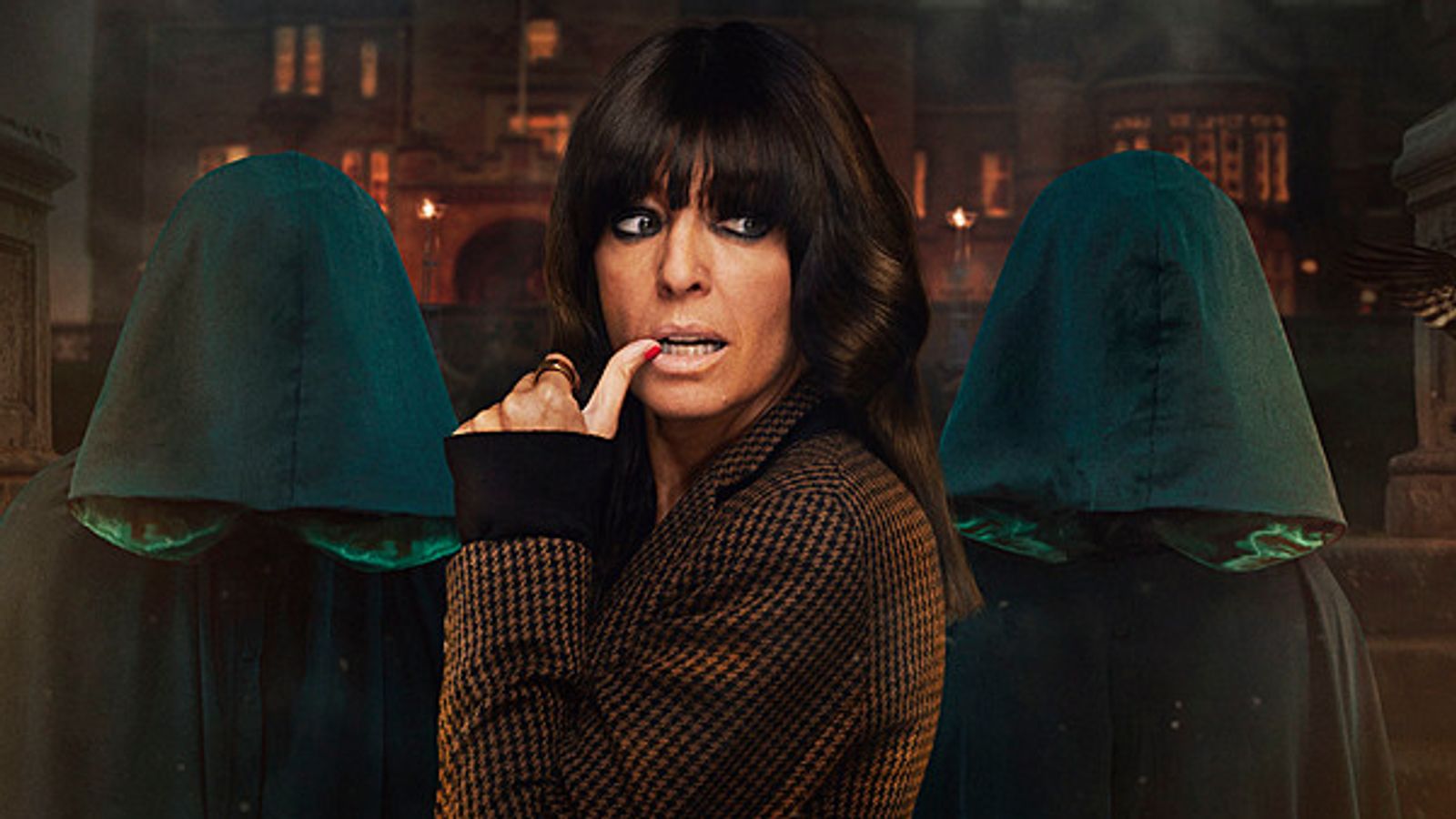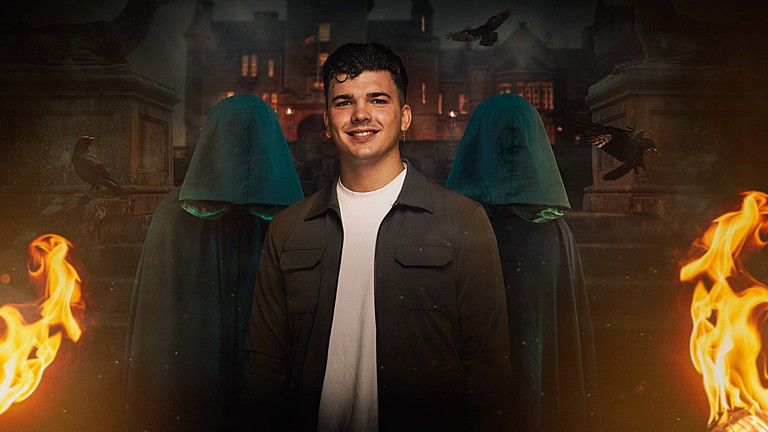If you’re a Traitors fan screaming at the TV telling faithful contestants they’re stupid for trusting the enemy – scientists have news for you.
The process of how we judge trustworthiness in social situations is different to what was once thought, they say – and can be misleading.
Researchers at the University of Aberdeen say their findings could reveal why the traitors are proving so elusive.
In the game, the faithful players must try to eliminate the traitors, while the traitors try to evade detection and pick off the faithful. And all the while, every player is trying to convince the others they are “100% faithful”.
The study found that when somebody meets a group of people, they judge their trustworthiness by combining their facial features together into one “composite face”.
‘There’s just something about them I don’t trust’
Rather than meticulously examining each single individual face, we blend the trustworthiness impressions of all the faces to get the gist of the group, according to the research.
This process – termed “ensemble perception” – happens in about a quarter of a second, the researchers found.
It is thought to be useful as it allows people to quickly extract perceived social information.
But it can also take us down the wrong path in the blink of an eye (take note, faithfuls).
“Trustworthiness impressions of a group can potentially influence our behaviour towards that group,” researcher and postgraduate student Fiammetta Marini said.
“But it is important to remember that we are only talking about facial features. Maybe what it really shows is that we should focus on what people do as opposed to judgements about whether we like the look of them.
“This can explain why people may say things like ‘there’s just something about them I don’t trust’ or ‘I don’t trust any of them’.
“And yes – it may explain why the traitors are proving so elusive.”
Read more from Sky News:
Stars of Traitors series one spill their secrets
Tom Hollander was once sent Tom Holland’s bonus
Traitor or trustworthy? Don’t be fooled by a ‘surprised’ face
We subconsciously judge if someone is trustworthy based on their facial characteristics, Ms Marini said – despite these markers not being accurate or reliable.
For example, high eyebrows that seem “surprised looking” and a U-shaped mouth are usually seen as trustworthy, while close-set eyes or lower eyebrows are not.
These impressions of trustworthiness are not accurate enough to be relied on as foundations for real-world decision-making, Ms Marini said.
She added: “Regardless – we make these split-second judgements and they have a big impact in our everyday lives. Even if these impressions are not always accurate they invariably shape our social behaviour.”
The study, published in the journal Cognition, found that split-second judgements could have implications for witness identification line-ups in police investigations.
The findings may also be applied to understanding how people judge the trustworthiness of members of a political party.

